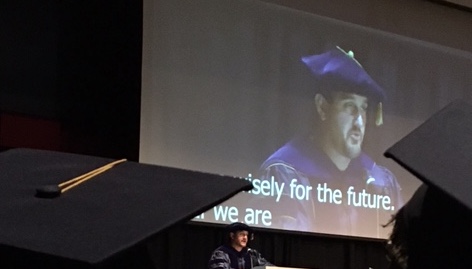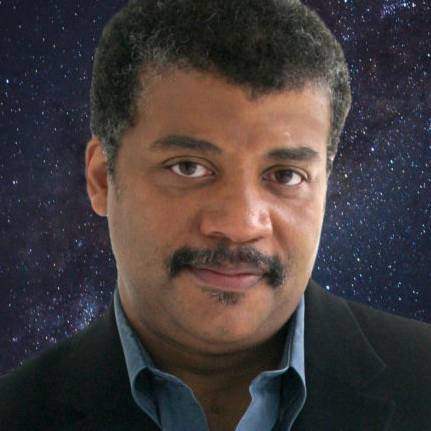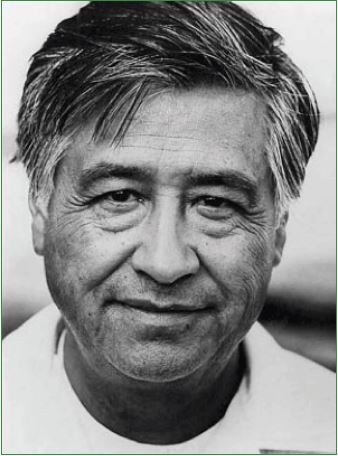
Author’s Note: This piece was originally a commencement address I gave for the University of Arizona’s College of Education in Fall, 2016 (Photo Credit: Dr. Jill Koyama)
I might scream if I hear one more knucklehead say, “Those who do, do. Those, who can’t teach.” People tend to forget that without educators, there are no lawyers, doctors, engineers, nurses, or computer programmers. Education is a noble profession; however, commencement seems like an appropriate time to return to some of our core purposes and ask, “Why education?” As Paulo Freire reminds, “Looking at the past must only be a means of understanding more clearly what and who [we] are so that [we] can more wisely build the future.” If we are collectively going to more wisely build a future, we need to return to the “why” of our praxis.
One core educational purpose continues to slip away as we focus on producing good workers as opposed to enlightening young minds, stimulating curiosity, and being the center of producing social change. Dr. King rejected this false choice. Education can and should be both. He offered:
“We are prone to let our mental life become invaded by legions of half truths, prejudices, and propaganda. At this point, I often wonder whether or not education is fulfilling its purpose. A great majority of the so-called educated people do not think logically and scientifically. Even the press, the classroom, the platform, and the pulpit in many instances do not give us objective and unbiased truths. To save man from the morass of propaganda, in my opinion, is one of the chief aims of education.”

Within this paradigm, education serves as the vanguard against the tyranny of propaganda. To accomplish this, however, we cannot simply see education as a set of “correct” versus “incorrect” forms of thinking. Rather, it is the development of critical thinking.
Returning to the theorizing of Paulo Freire, he reminds us that we must reject a “banking model” of education where students are empty vessels to be filled. This is critically important in a time when the merits of students are judged by test scores. Instead, he offered, “The teacher is of course an artist, but being an artist does not mean that he or she can make the profile, can shape the students. What the educator does in teaching is to make it possible for the students to become themselves.” This formulation helps us grapple with both complexity of education as well as the complexity of being human.

Our challenge as educators is therefore to make school a place of learning and not route memorization: a place of critical thinking, and not dogmatic recitation. For education is, at its core, a human enterprise, and this is what makes it so aggravatingly difficult. As the astrophysicist Neil de Grasse Tyson offers, “In science, when human behavior enters the equation, things go nonlinear. That’s why Physics is easy and Sociology is hard.” Human behavior is messy and unpredictable. This is our central challenge in education is being able to teach while engaging the infinite scope of action as well as human imagination.
This critical imagination is a central calling of education coupled with the social purpose, and this one of the most difficult components to cultivate. Imagination is frequently dismissed as “daydreaming” or a “waste of time;” however, I pose the following question to you. How is it possible to forge a more productive, more inclusive society if we are not guided by a vision of a more progressive future? One of the best literary geniuses the US has ever produced, James Baldwin, beautifully argued:
“The paradox of education is precisely this – that as one begins to become conscious one begins to examine the society in which he is being educated. The purpose of education, finally, is to create in a person the ability to look at the world for himself, to make his own decisions… To ask questions of the universe, and then learn to live with those questions, is the way he achieves his own identity.”
From this personal realization, however, Baldwin thought that a social responsibility followed. He continued, “The obligation of anyone who thinks of himself as responsible is to examine society and try to change it and to fight it – at no matter what risk.” That is, when we are faced with pressing inequality and we have been educated to critique it, we therefore become obligated to address it as well.
This is an immense social responsibility, but it can come with incredible social rewards. As the late labor organizer César Chavez offered, “Once social change begins, it cannot be reversed. You cannot un-educate the person who has learned to read. You cannot humiliate the person who feels pride. You cannot oppress the people who are not afraid anymore.” With this in mind, your work as educators cannot be undone. You cannot close a once opened mind.

In this sense, you as the future of education are the vanguards of our democracy. Your task is not only educating the citizenry of our state and our country at large, but also instilling the central democratic values that can allow our society to flourish. You are the first line of defense against propaganda, and a pathway for the next generation to develop a critical awareness of the world that surrounds them. This is no small task, which is precisely why we must be creatively courageous in the face of incredible odds. We must have the courage to risk, the courage to innovate, and the courage to engage in the artistry of education. The future of our society, the future of our democracy, depends on it – no pressure
Peace,
NC c/s

Very nice… reminds me of the brilliant, and social activist, Albert Einstein:
“Imagination is more important than knowledge. For knowledge is limited to all we now know and understand, while imagination embraces the entire world, and all there ever will be to know and understand.”
You have made some good points there. I checked on the web for more info about the issue and found most individuals will go along with your views on this web site. Valene Alair Aniela
Hello, I want to subscribe for this blog to get most recent updates, so where can i do it please help. Constantia Jaime Novelia
Thank for the interest and you can subscribe here: chicanostocracy.com (scroll to the bottom where it says “subscribe” and put in your email)!
I like the efforts you have put in this, appreciate it for all the great posts. Minna Wald Hamid
Thank you for the kind words and support Mary. Have a blessed day. Katharyn Dukey Thibault
Just wanna admit that this is very helpful , Thanks for taking your time to write this. Melamie Elia Roberta
I do consider all of the concepts you have introduced on your post. They are very convincing and can definitely work. Still, the posts are very brief for newbies. May you please prolong them a little from next time? Thank you for the post. Dyanna Baudoin Duwalt
That’s a good way to approach it. Get in, get out, stay away from the junk! Ebonee Welby Phare